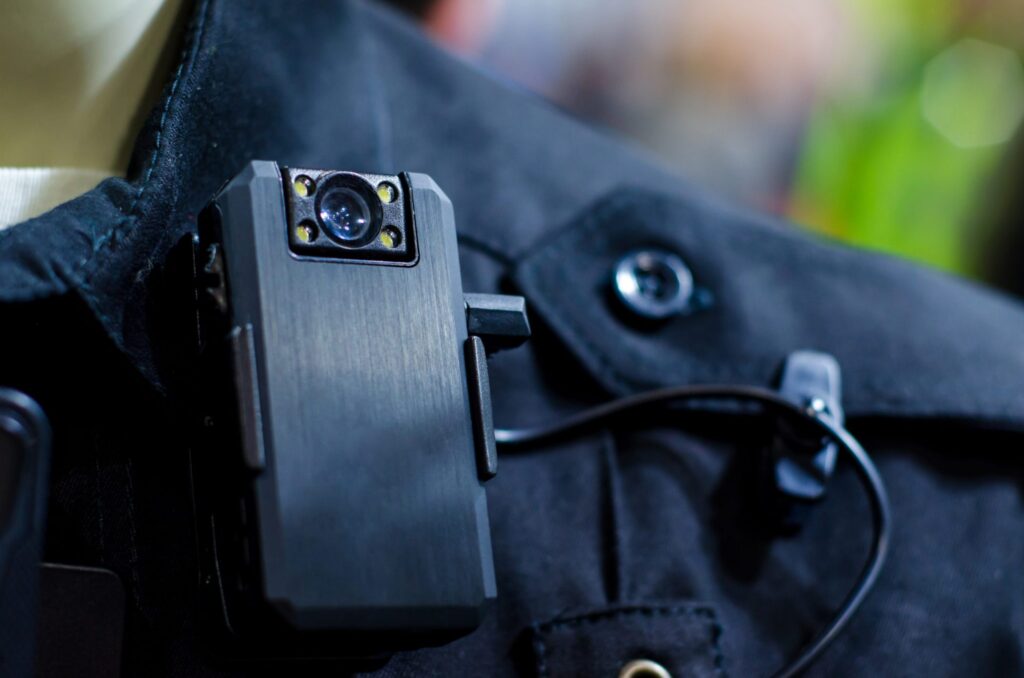When they first starting coming out, police body cameras were supposed to transform law enforcement and policing by increasing the transparency needed to hold officers accountable for their actions. Transparency, however, was not something that the police wanted, so they erected procedural obstacles that made it incredibly difficult for outside parties to get access to the footage captured by those cameras. These obstacles have minimized any positive impact that body cameras could have had on the criminal justice system.
Excellent examples of two of these obstacles come from right here in Maine.
Footage-Capture Policies Limit Body Camera Recording in Maine
One of the ways that police departments across the country have limited the impact of body cameras is by adopting recording policies that limit when body cameras have to be on and recording. The South Portland Police Department was caught red-handed by the Press Herald using this obstacle.
At first, the Department refused to disclose its policies for when its officers would have to turn their body cameras on, vaguely citing the “operational impact” of releasing details of its recording policy to the public.
But when, after lots of public blowback, the police did release their recording policy, it was clear how little the Department cared about transparency and police accountability. The policy gave wide latitude for officers to turn their cameras off or to never turn them on in the first place. The policy adopted by the South Portland police went against both the recommendations of the Department of Justice, the major federal law enforcement agency, and the American Civil Liberties Union (ACLU), one of the largest advocacy groups for individual rights.
Public Record Laws Limit Who Can See Body Camera Footage in Maine
Even if a body camera is operational and working during a time of questionable policing, that doesn’t mean anyone is going to see the footage. Police unions and other law enforcement advocacy groups have extensively lobbied nationally to restrict when the public can access body camera footage and Maine is no exception.
Maine’s public record laws allow members of the public to access certain official documents through freedom of information requests. However, there are so many types of official documents that are now exempted from disclosure that the law is nearly useless.
The powerlessness of these laws to help citizens access body camera footage came to a glaring light when Chance David Baker was shot and killed in Union Station Plaza in February. The incident was caught on the body cameras of several officers on the scene. However, freedom of information requests to obtain the footage were refused because there was an “open investigation,” just one of the exemptions to the public records law that could apply in the case. Another possible reason for refusing access to the footage was that it was inaccessible because it was a “personnel record” of the responding officer.
Both of these situations, however, make it impossible to gain access to police body camera footage for months or even years after the incident, effectively eliminating any transparency that the body cameras might have allowed.
Maine Criminal Defense Attorney Fights for Your Rights
William T. Bly is a criminal defense attorney in Maine who fights for your rights both in court and out of it, doing all that he can to open access to important body camera footage that can exonerate you and others who have been accused of crimes they did not commit.
Contact him online or call his law office at (207) 571-8146.


